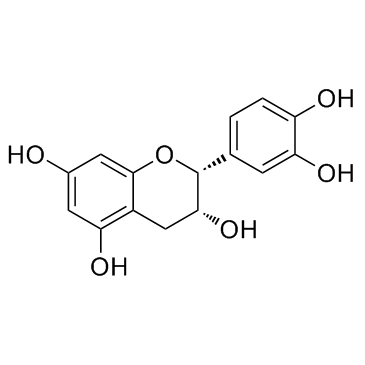| Structure | Name/CAS No. | Articles |
|---|---|---|
 |
Epicatechin
CAS:490-46-0 |
|
 |
Theaflavin
CAS:4670-05-7 |